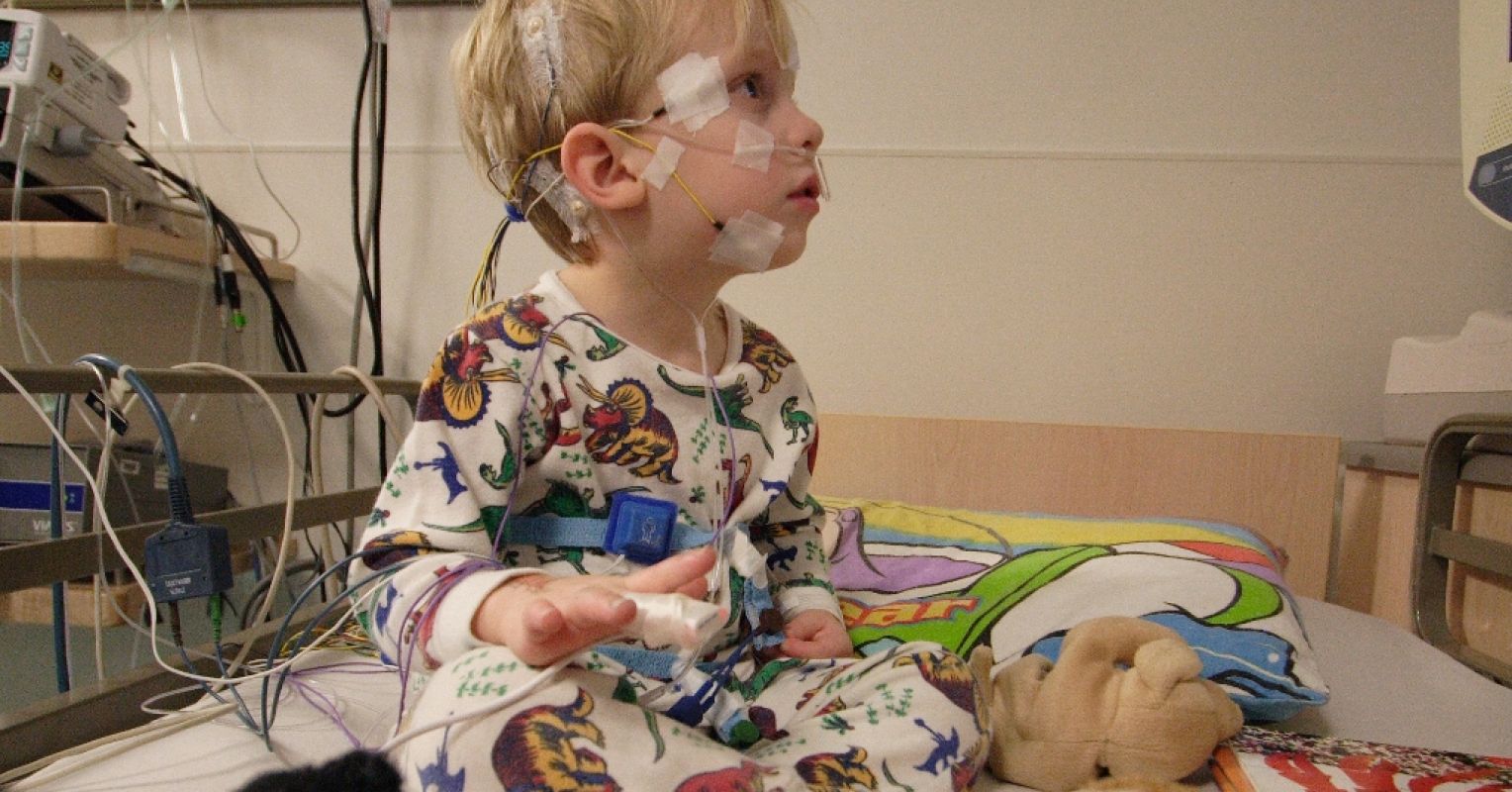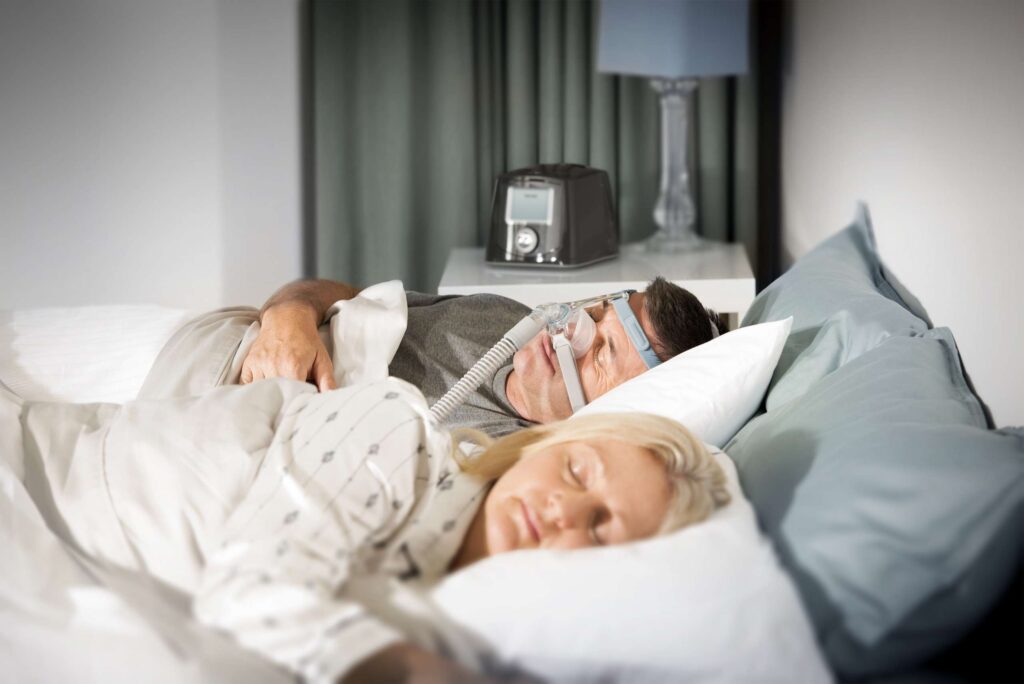Important Information About Sleep Tests in Brisbane

If you are experiencing persistent sleep issues, it may be time to consider a sleep test. Sleep tests, also known as sleep studies, are diagnostic procedures that help identify and evaluate various sleep disorders. In Brisbane, there are several sleep clinics that offer comprehensive sleep tests to help you get a better understanding of your sleep patterns and uncover any underlying issues that may be affecting your rest.
Understanding the Need for Sleep Tests
Sleep is a crucial aspect of our overall health and well-being. It is during sleep that our bodies repair, regenerate, and recharge for the next day. Lack of quality sleep can have significant consequences on our physical and mental health, including increased risk of chronic conditions such as obesity, diabetes, and cardiovascular diseases. Sleep tests play a vital role in diagnosing and treating sleep disorders, ensuring that you get the restful sleep you need for optimal functioning.
In conclusion, sleep test Brisbane play a crucial role in diagnosing and treating sleep disorders. By understanding the need for sleep tests, different types of tests available, and how to interpret the results, you can take the necessary steps towards improving your sleep and overall well-being. With sleep clinics in Brisbane offering comprehensive sleep tests, you can gain valuable insights into your sleep patterns and work towards achieving restful nights and rejuvenated days.
The Role of Sleep in Overall Health
Getting enough sleep is essential for maintaining a healthy body and mind. During sleep, our bodies repair damaged tissues, consolidate memories, and regulate hormones. Adequate sleep is also crucial for proper immune function, helping to ward off illnesses and infections. Chronic sleep deprivation can lead to a weakened immune system, impaired cognitive function, mood disturbances, and increased risk of accidents. Sleep tests can help identify any disruptions to your sleep cycle and provide valuable insights into your overall health.
Imagine this: you’re lying in bed, surrounded by the comforting darkness of your room. As you drift off to sleep, your body enters a state of repair and restoration. Your cells work tirelessly to repair any damage from the day, ensuring that you wake up feeling refreshed and rejuvenated. Meanwhile, your brain is hard at work, consolidating memories and processing information, preparing you for the challenges that lie ahead. It’s truly remarkable how sleep plays such a vital role in our overall well-being.
But what happens when sleep becomes elusive? When you find yourself tossing and turning, unable to find that elusive state of rest? This is where sleep tests come into play. By monitoring your sleep patterns and identifying any potential disruptions, sleep tests can provide valuable insights into the underlying causes of your sleep troubles. Whether it’s sleep apnea, insomnia, or another sleep disorder, these tests can help guide your healthcare provider in developing an effective treatment plan tailored to your specific needs.

Common Sleep Disorders and Symptoms
There are various sleep disorders that can disrupt your sleep and impact your daily life. Some of the most common sleep disorders include:
- Insomnia: Difficulty falling asleep or staying asleep
- Obstructive sleep apnea (OSA): Partial or complete blockage of the airway during sleep
- Narcolepsy: Excessive daytime sleepiness and sudden sleep attacks
- Restless leg syndrome (RLS): Uncomfortable sensations in the legs, often relieved by movement
- Parasomnias: Abnormal behaviors during sleep, such as sleepwalking or night terrors
If you experience symptoms such as persistent snoring, daytime fatigue, difficulty concentrating, or frequent awakenings during the night, it may be beneficial to undergo a sleep test to determine the root cause of your sleep problems.
Imagine waking up in the morning feeling exhausted, despite having seemingly slept through the night. You find yourself struggling to stay awake during the day, unable to focus on even the simplest tasks. These symptoms may be indicative of a sleep disorder, such as obstructive sleep apnea. This condition occurs when the muscles in the back of your throat fail to keep the airway open, causing brief interruptions in your breathing throughout the night. These interruptions can lead to fragmented sleep and leave you feeling perpetually tired.
Restless leg syndrome is another common sleep disorder that can disrupt your sleep. Imagine lying in bed, feeling an irresistible urge to move your legs. The discomfort is almost unbearable, and the only relief comes from constantly shifting and readjusting. This condition can make it incredibly difficult to fall asleep and stay asleep, leaving you feeling restless and fatigued during the day.
By undergoing a sleep test, you can gain a deeper understanding of the specific sleep disorder you may be facing. Armed with this knowledge, you and your healthcare provider can work together to develop a personalized treatment plan that addresses your unique needs. From lifestyle modifications to the use of specialized devices, there are various options available to help you achieve the restful sleep you deserve.
Different Types of Sleep Tests
There are several different types of sleep tests that can be used to diagnose sleep disorders. The most common ones include polysomnography and home sleep tests (HST).
Click here to read about home sleep test kit.
Polysomnography: An In-depth Look
Polysomnography is a comprehensive sleep test that is typically conducted in a sleep clinic or hospital setting. During the test, various physiological parameters are monitored, including brain activity, eye movement, muscle tone, heart rate, airflow, and oxygen levels. This information is used to determine the presence and severity of any sleep disorders. Polysomnography is often recommended for individuals with suspected sleep apnea, narcolepsy, or other complex sleep disorders.
Furthermore, polysomnography involves the use of specialized equipment and sensors that are attached to different parts of the body to monitor sleep patterns. Electrodes are placed on the scalp to measure brain waves, while belts around the chest and abdomen monitor breathing movements. Additionally, sensors on the fingers track oxygen levels in the blood, providing valuable insights into respiratory function during sleep. The detailed data collected during polysomnography allows healthcare providers to make accurate diagnoses and tailor treatment plans to individual needs. Learn more about electrodes on https://www.brown.edu/Departments/Engineering/Courses/En123/Lectures/electrode08.htm
Home Sleep Tests: Convenience and Comfort
Home sleep tests are a more convenient option for diagnosing sleep apnea, as they can be conducted in the comfort of your own home. These tests involve wearing a small portable device that records parameters such as oxygen levels, breathing patterns, and heart rate. Although home sleep tests may not provide as comprehensive data as polysomnography, they are an effective screening tool for sleep apnea and can help determine the need for further evaluation.
Moreover, home sleep tests offer the advantage of flexibility and cost-effectiveness, as they eliminate the need for an overnight stay in a sleep clinic. Patients can sleep in their own beds and follow their regular bedtime routine, which may lead to more accurate results reflecting their typical sleep patterns. However, it is essential for individuals undergoing home sleep tests to follow the instructions carefully to ensure the accuracy of the data collected. In cases where the results are inconclusive or indicate a potential sleep disorder, further evaluation with polysomnography may be recommended for a more detailed analysis.
Preparing for a Sleep Test
Before undergoing a sleep test, it is important to be prepared and know what to expect.
When preparing for a sleep test, it’s essential to understand the significance of this diagnostic procedure. Sleep tests, also known as polysomnography, are conducted to monitor and record various body functions during sleep. These tests help healthcare providers evaluate sleep patterns, diagnose sleep disorders such as sleep apnea or insomnia, and recommend appropriate treatment plans.
What to Expect Before the Test
Prior to your sleep test, you may be required to complete a questionnaire about your sleep habits and medical history. It is also advisable to avoid consuming caffeine, alcohol, and excessive amounts of food before the test, as these can affect the quality of your sleep. Your healthcare provider will provide specific instructions based on the type of test you will be undergoing.
Moreover, it’s crucial to inform your healthcare provider about any medications you are taking, as certain drugs can impact the results of the sleep test. Additionally, discussing any pre-existing conditions or concerns with the healthcare team can help ensure a smooth and effective testing process.
Tips for a Successful Sleep Test
To ensure accurate results during your sleep test, it is important to follow a few tips:
- Try to maintain your usual sleep routine leading up to the test
- Avoid napping on the day of the test, as it may interfere with your ability to fall asleep at the scheduled time
- Bring any necessary items for comfort, such as pajamas, toiletries, or a favorite pillow
- Communicate any concerns or anxieties you may have with the sleep clinic staff
Following these tips can help ensure that your sleep test provides accurate and valuable information for diagnosis and treatment.
Interpreting Sleep Test Results
Once your sleep test is complete, you will receive a sleep test report that outlines the findings and recommendations. Understanding the results is essential for moving forward with appropriate treatment.
When interpreting your sleep test results, it’s crucial to pay attention to various factors that can impact your sleep quality. These factors may include the duration of each sleep stage, the frequency of abnormal breathing patterns, fluctuations in oxygen levels throughout the night, and any significant events that disrupted your sleep. By examining these details closely, you and your healthcare provider can gain valuable insights into your sleep patterns and identify potential issues that may be affecting your overall sleep quality. To find more about frequency click here.

Understanding Your Sleep Test Report
Your sleep test report will typically include information about your sleep stages, breathing patterns, oxygen levels, and any abnormal events that occurred during the test. It may also provide a diagnosis or indicate the need for further evaluation. It is important to review the report with your healthcare provider, who can explain the results in detail and discuss the next steps.
Furthermore, your sleep test report may offer recommendations for improving your sleep quality based on the specific findings. These recommendations could range from simple lifestyle adjustments to more advanced treatment options, depending on the severity of your sleep issues. By following these recommendations and actively participating in your treatment plan, you can take proactive steps towards achieving better sleep and overall well-being.
Next Steps After Receiving Your Results
Based on the results of your sleep test, your healthcare provider will develop an individualized treatment plan. Treatment options may include lifestyle changes, such as improving sleep hygiene or weight loss, or the use of continuous positive airway pressure (CPAP) therapy for sleep apnea. Regular follow-up appointments may be necessary to monitor your progress and make any necessary adjustments to your treatment.
It’s important to communicate openly with your healthcare provider throughout the treatment process and report any changes or concerns you may have. By maintaining a collaborative relationship with your healthcare team, you can work together to optimize your treatment plan and achieve long-lasting improvements in your sleep quality and overall health.
Sleep Test Facilities in Brisbane
When choosing a sleep clinic in Brisbane, it is important to consider factors such as location, reputation, and the expertise of the sleep specialists.
Choosing the Right Sleep Clinic
Look for sleep clinics that are accredited and staffed by qualified sleep specialists. Consider reading reviews and seeking recommendations from your healthcare provider or trusted sources. A reputable sleep clinic will have state-of-the-art equipment and provide a comfortable environment for conducting sleep tests.
What to Expect During Your Visit
During your visit to a sleep clinic, the staff will guide you through the process of the sleep test. They will explain the procedures, answer any questions you may have, and ensure your comfort throughout the night. The sleep clinic will also provide a private room for you to sleep in, equipped with monitoring equipment to collect data on your sleep patterns.
